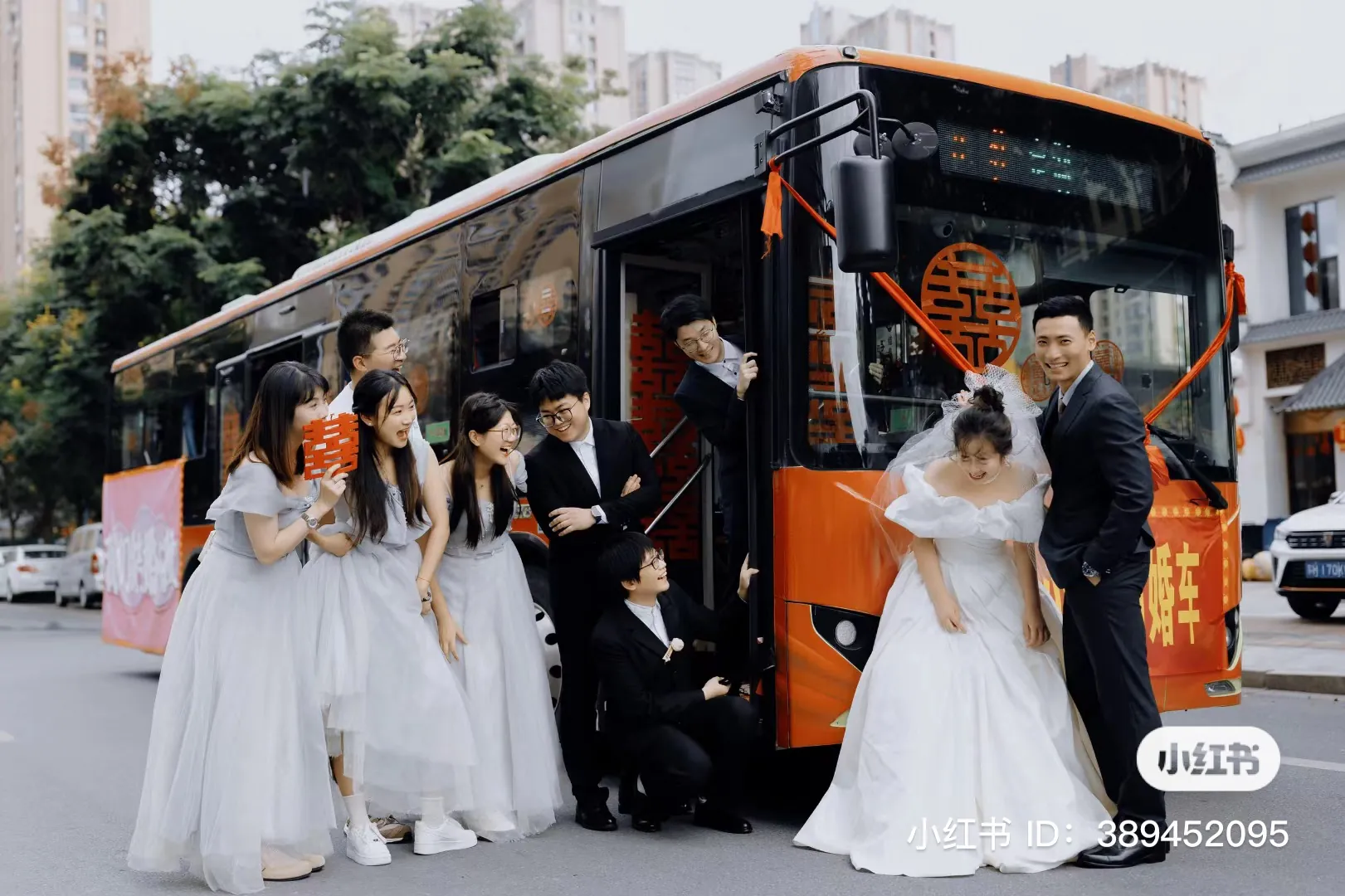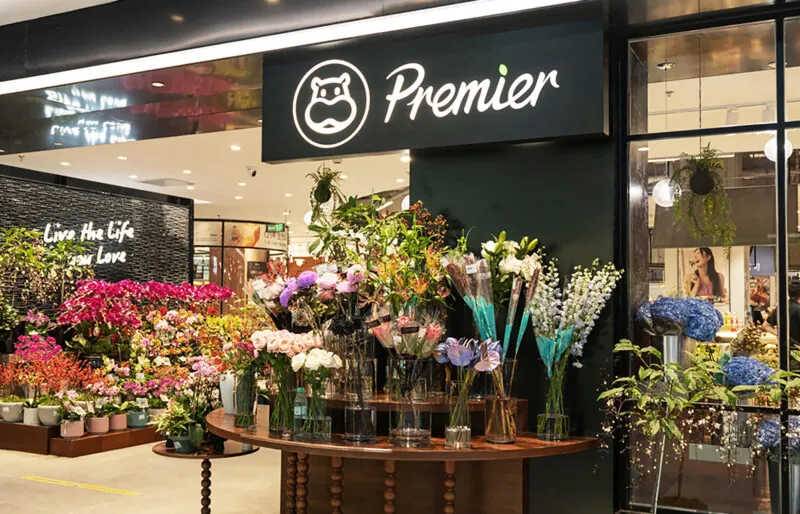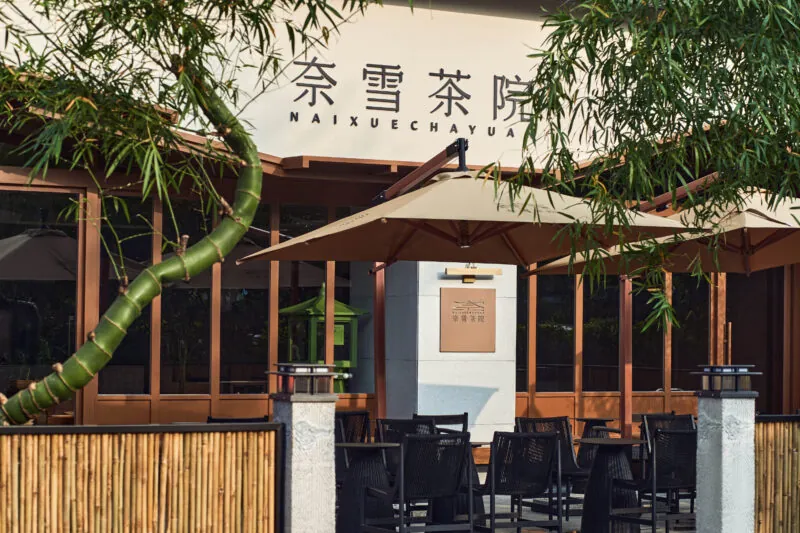The usual Golden Week marriage boom came as expected this year, but so too did a fresh take on the traditional Chinese wedding custom of 接亲, or “picking up the bride”.
In a down-to-earth spin on the tradition, some young couples teamed up with local transport departments to create a bespoke “wedding bus” experience. In this trend, public buses decked out in DIY wedding decorations carry the wedding party to their venue, instead of the typical suite of austere luxury cars.
The top wedding bus post on the lifestyle-sharing platform Xiaohongshu, which garnered over 20,000 likes, shows how one Hubei couple’s interpretation of the trend stopped traffic, with onlookers on bikes stopping to snap photos of the sensation.
Besides the detailed instructions on booking a wedding bus, there are also pointers on how to stay in your bus driver’s good books. “Remember to prepare cigarettes and sweets when renting a bus. We gave some to the driver at the beginning of the day. He was in a good mood after that and the whole journey went smoothly,” wrote Xiaohongshu user @小玫瑰.
The wedding bus trend overlaps with the #小众婚礼 (#nichewedding) and #真实婚礼(#realwedding) hashtags on Xiaohongshu, which have amassed 745 million and 1.49 billion views respectively on the lifestyle-sharing platform.
In the former, young couples showcase their unconventional wedding ceremonies, many of which boast vibrant rainbow colourways or far-flung destinations, while the latter is more about sharing a candid and idiosyncratic alternative to the stiff, posed wedding photo. Both reflect Chinese Gen Z’s penchant for putting an individualistic spin on life’s milestones.
With birth and marriage rates sinking lower and lower in China, state-led campaigns to encourage marriage and childrearing have become pervasive and transparent. For many young Chinese, this pressure turns them off the idea entirely, creating the sense that their bodily autonomy is secondary to the nation’s needs. But trends like wedding buses, as simple as they are, breathe new life into staid traditions and allow Gen Z and millennials to take ownership of these highly personal life decisions.









